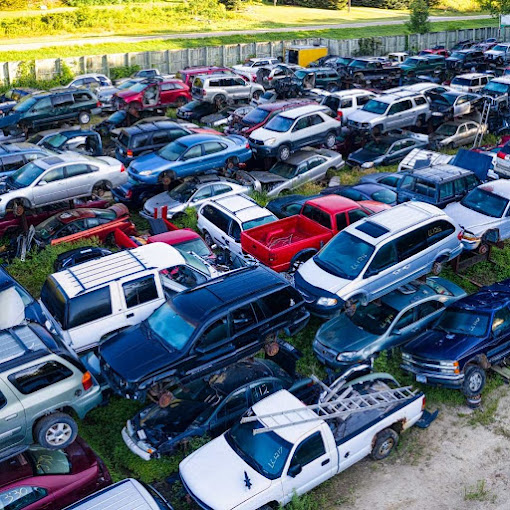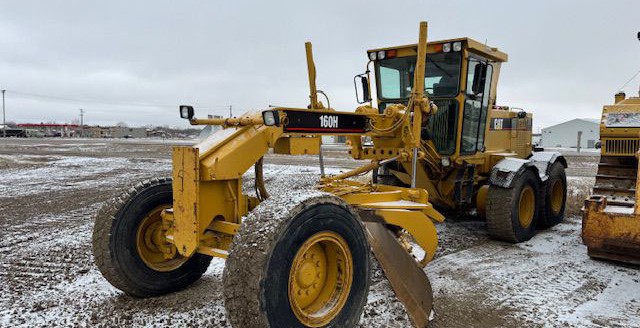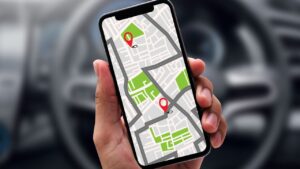What to Do with Your Car After It Is Sold for Scrap or Cash
Selling your car for scrap or cash can be a great way to get rid of an old, damaged, or unwanted vehicle. If you’ve decided to go this route, you might have considered using services like scrap car removal Sydney to simplify the process. However, once the car is sold, there are several important steps you should take to ensure a smooth transition and to protect yourself legally and financially. This article will guide you through the essential actions to take after selling your car for scrap or cash.
Cancel Your Car Insurance
Once your car has been sold for scrap or cash, it’s crucial to cancel your car insurance as soon as possible. There’s no need to continue paying for insurance on a vehicle you no longer own. Contact your insurance provider and inform them that you have sold the car. They will guide you through the cancellation process and may even offer a pro-rated refund if you’ve paid your premiums in advance.
Notify Your State or Territory Road Authority
Inform your state or territory road authority that you have sold your car. In Australia, this process varies depending on your location. For example, in New South Wales, you would need to notify the Roads and Maritime Services (RMS). This step is essential to ensure that you are no longer held responsible for the vehicle, including any fines or infringements that may occur after the sale.
Transfer the Registration
If your car is still registered, you will need to transfer the registration to the scrap yard or the new owner if you sold it for cash. This process usually involves filling out a transfer of registration form, which can be obtained from your state or territory road authority. Make sure to keep a copy of the completed form for your records.
Remove the License Plates
Before the car is towed away or picked up by the new owner, remove the license plates. In some states and territories, you may be required to return the plates to the road authority. Even if this is not a requirement, it’s a good idea to keep the plates as a precaution against any future issues related to the vehicle.
Keep All Documentation
Maintain a file of all the documents related to the sale of your car. This should include the bill of sale, transfer of registration form, and any correspondence with the scrap yard or the new owner. Keeping these records is important for tax purposes and to protect yourself in case of any disputes or legal issues that may arise in the future. Get a quote: https://www.allunwantedcars.com.au/
Inform Your Financial Institutions
If you had any loans or financing related to the car, notify your financial institutions that the vehicle has been sold. This is particularly important if the car was used as collateral for a loan. Provide them with the necessary documentation to prove that the car has been sold and that you are no longer responsible for it.
Dispose of Any Personal Items
Before the car is taken away, make sure to remove all personal items from the vehicle. This includes any documents, valuables, or sentimental items that you may have left in the car. It’s also a good idea to give the car a final clean to ensure that nothing is left behind.
Environmental Considerations
If you’re selling your car for scrap, ensure that the scrap yard you choose follows environmentally friendly practices. This includes proper disposal of hazardous materials like oil, coolant, and batteries. By choosing a responsible scrap yard, you can help minimise the environmental impact of disposing of your old vehicle.
Follow Up with the Scrap Yard or New Owner
After the car has been sold, follow up with the scrap yard or the new owner to ensure that everything is in order. This can include confirming that the car has been properly disposed of or that the new owner has successfully transferred the registration. Taking this extra step can provide peace of mind and help prevent any future issues.
Consider Tax Implications
Depending on the amount you received for your car, there may be tax implications. If you sold the car for a significant amount, you might need to report the sale to the Australian Taxation Office (ATO). Keep all relevant documents and consult with a tax professional if you’re unsure about your obligations.
Conclusion
Selling your car for scrap or cash can be a straightforward process, but it’s important to follow the necessary steps to ensure a smooth transaction. By cancelling your insurance, notifying the relevant authorities, and keeping all documentation, you can protect yourself legally and financially. Additionally, choosing a responsible scrap yard and considering the environmental impact can help minimise the negative effects of disposing of your old vehicle. Whether you’re using scrap car removal Sydney services or selling your car for cash, following these steps will make the process as stress-free as possible.














Post Comment